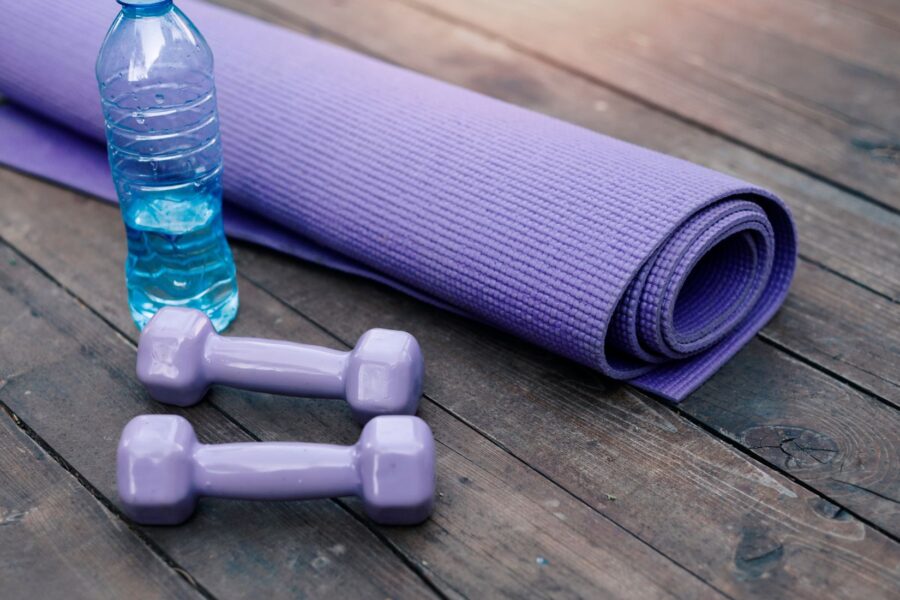As a student-athlete, you’re constantly juggling practices, games, schoolwork, and social life. It’s easy to push yourself too hard and risk burnout. To perform at your best without overloading your body and mind, you need a balanced approach to training. Here’s how you can train smarter, not just harder.
Prioritize Quality Over Quantity
More training doesn’t always mean better performance. Focus on efficient workouts that emphasize technique, strength, and endurance. Work with your coach to structure sessions that maximize output without unnecessary strain.
Listen to Your Body
Ignoring signs of fatigue can lead to injuries and mental burnout. Pay attention to symptoms like persistent soreness, lack of motivation, trouble sleeping, or decreased performance. If you notice these signs, adjust your training or take a rest day.
Make Recovery a Priority
Recovery is just as important as training. Incorporate these into your routine: sleep, stretching & mobility, massage & foam rolling, and fueling your body properly.
Schedule Rest Days & Active Recovery
Rest days aren’t lazy days—they’re necessary for long-term success. Use active recovery, like light jogging, yoga, or swimming, to stay loose without overexerting yourself.
Cross-Train to Avoid Overuse Injuries
Repetitive movements can wear out muscles and joints. Try different activities like swimming, biking, or yoga to strengthen different muscle groups while reducing injury risk.
Manage Stress & Mental Well-Being
Training hard is tough, but mental exhaustion can be just as harmful as physical fatigue. Practice mindfulness, breathing exercises, or meditation to stay focused and reduce stress. If you feel overwhelmed, talk to a coach, teammate, or counselor.
Plan Your Training with Periodization
Periodization helps prevent overtraining by cycling through different intensities. Break your season into:
*Base phase (off-season): Build strength and endurance.
*Preseason: Increase intensity and sport-specific drills
*Peak phase (competition season): Focus on maintaining performance
*Recovery phase: Reduce intensity and allow the body to reset
In conclusion, maximizing training doesn’t mean pushing yourself to the limit every day. It’s about smart, structured workouts, proper recovery, and taking care of both your physical and mental health. By following these strategies, you’ll perform better, avoid burnout, and sustain long-term success in both sports and academics.




Leave a Reply
Your email is safe with us.